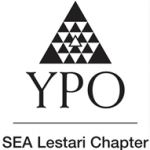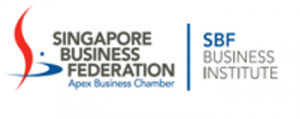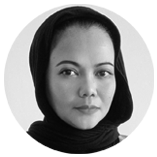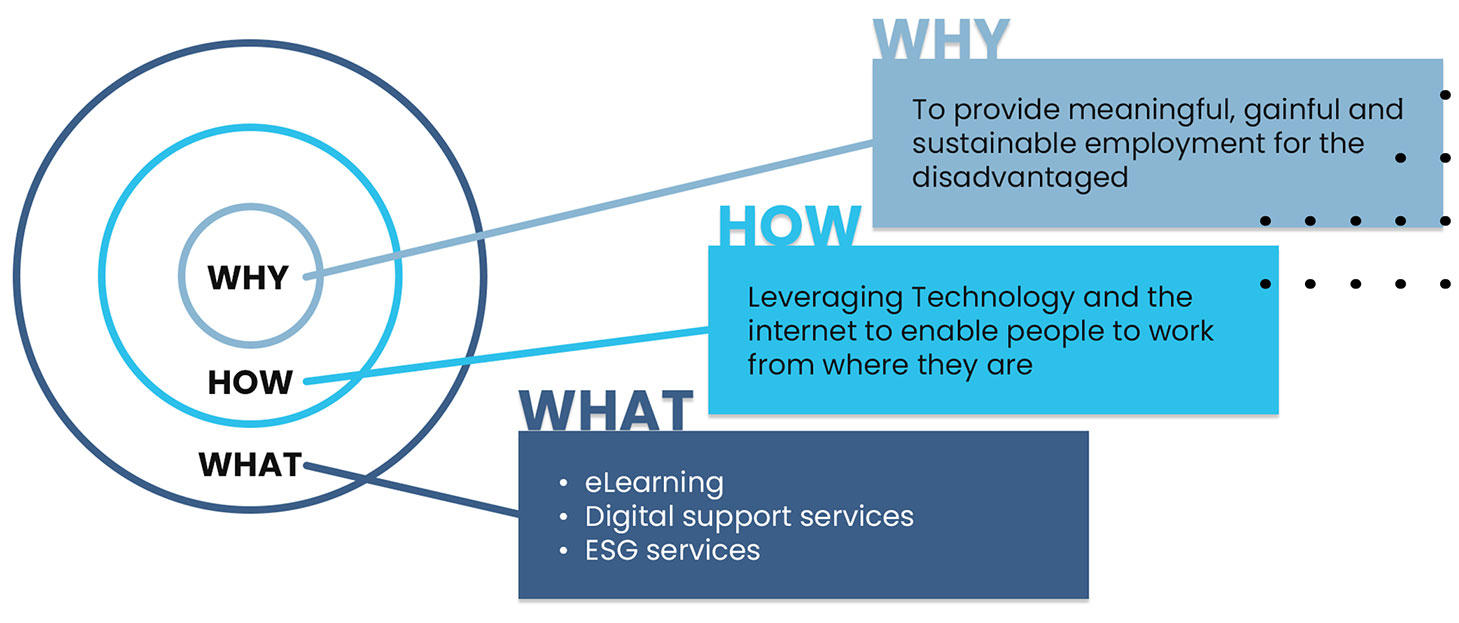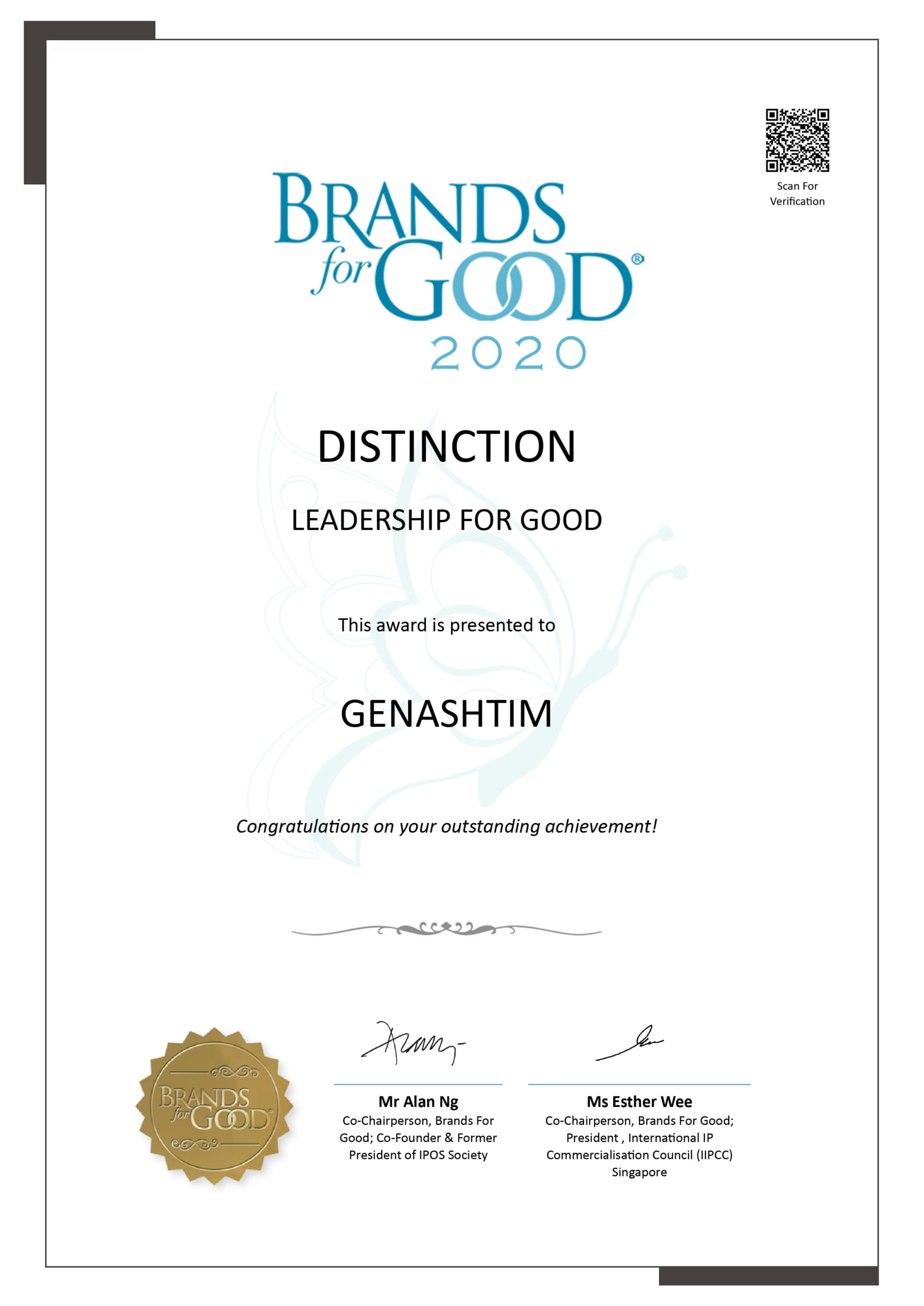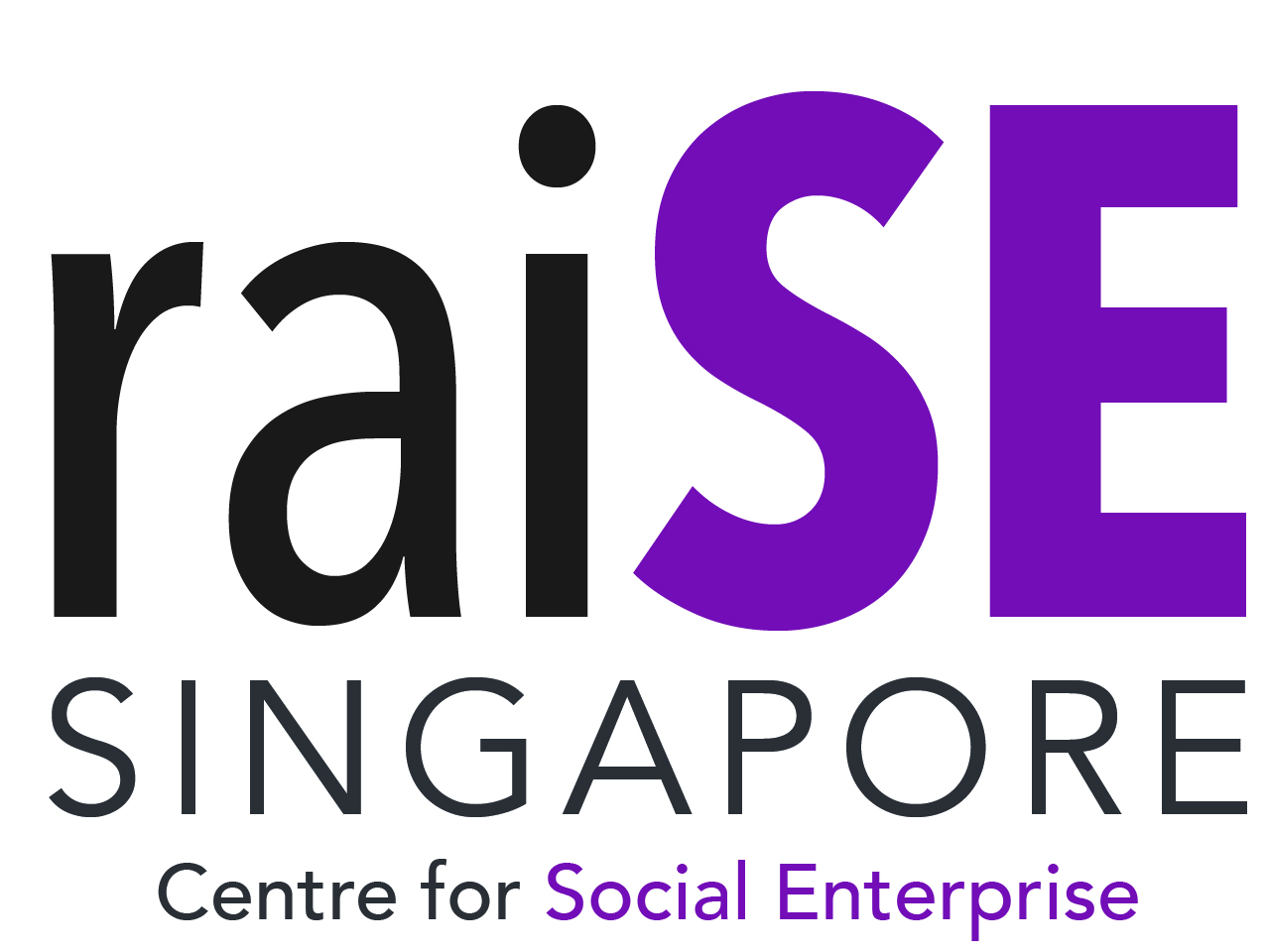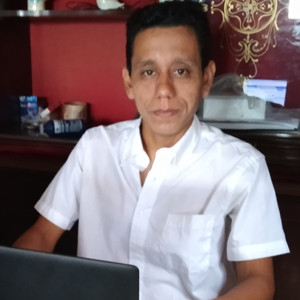Buzzing Bs of Sustainable Economy: Exploring B Lab, B Corps, and the B Economy
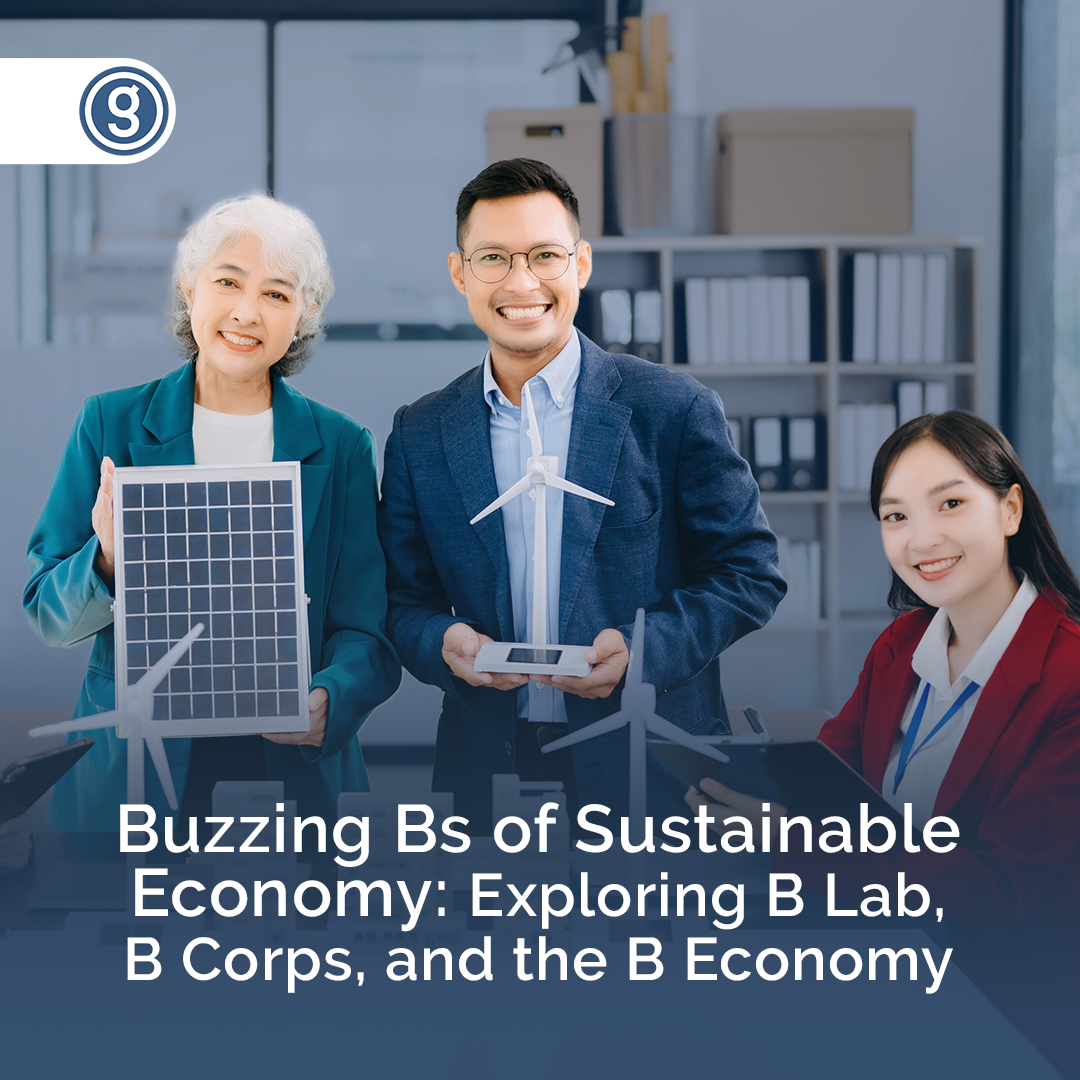
The past months have been nothing short of surreal when it comes to weather patterns. From blistering heatwaves scorching Southeast Asia to devastating tornadoes accompanied by egg-sized hailstorms in China, the unmistakable impacts of climate change stare us squarely in the face. Regrettably, according to experts, this is merely the opening act, with forthcoming summers poised to unleash some of the most severe weather events in recorded history. It’s alarming to witness the intensifying effects of climate change unfolding before our very eyes, with each passing year bringing increasingly extreme weather conditions.
For decades, scientists and activists have tirelessly sounded the alarm about the dire consequences of global warming and the deteriorating condition of our planet. I remember stumbling upon a striking perspective: rather than viewing the current year as the hottest ever, consider it as potentially the coldest of the years ahead. This haunting notion serves as a constant reminder whenever I witness the unfolding climate crises around us. It’s a sobering thought that these may very well be the last of the relatively stable years we have on this planet if urgent and responsible action isn’t taken swiftly.
While individuals certainly play a crucial part in addressing climate change, the primary responsibility falls upon governments and corporations. Sustainability has emerged as the cornerstone in combating the looming crisis. For decades, the challenge has been to align economic growth and profitability with environmental stewardship. The United Nations has been at the forefront of efforts to tackle this issue, beginning with the First Earth Summit held in 1972. This summit marked the first significant discussion on climate change, issuing a warning to governments about activities that could precipitate climate change.
With the increasing awareness of environmental issues, several initiatives have emerged to address the detrimental impacts of industrialization on the climate. Among these are Socially Responsible Investing (SRI), Corporate Social Responsibility (CSR), and Environmental, Social, and Governance (ESG) frameworks. These initiatives were designed to encourage companies to operate in a more sustainable manner, consider their social impact and adhere to robust governance standards. They reflect a growing acknowledgment of the intricate connections between business practices and broader societal and environmental well-being.
To address the crisis, the UN introduced the Sustainable Development Goals in 2015 to serve as a blueprint for global prosperity, with a strong emphasis on environmental responsibility and climate action. By advocating for sustainable practices and confronting climate change head-on, the SDGs aim to pave the way for a healthier planet and a more equitable future for all by 2030. These goals prioritize resilience and sustainability on a global scale, aiming to address the interconnected challenges facing humanity while promoting long-term well-being for both people and the planet.
Therefore, we seem to have collectively recognized that sustainability holds a key role in addressing the climate crisis, and in this context, a trio of Bs — B Lab, B Corps, and the B Economy are gaining significant traction. They stand at the forefront of a worldwide movement towards more ethical, inclusive, and environmentally conscious business practices. Now, let’s delve into each of these Bs and explore how they’re reshaping business norms for a future that prioritizes ethics, inclusivity, and environmental stewardship.
B Lab: Driving the Movement
At the heart of the ‘B’ revolution lies B Lab, a nonprofit organization dedicated to transforming business as a force for good. Established in 2006, B Lab operates on the belief that an alternative economic model isn’t just possible but necessary. It stands steadfast on the conviction that businesses can spearhead the transition towards a new, stakeholder-driven model. By establishing standards, policies, tools, and programs, B Lab strives to overhaul the behavior, culture, and structural underpinnings of businesses. One of its key offerings is the B Impact Assessment, a rigorous evaluation that equips businesses with the framework and tools to measure and manage their impact effectively.
B Corps: The Change Makers
B Corporations, with B standing for “Benefit for All”, are businesses that meet rigorous standards of social and environmental performance, accountability, and transparency. To become a certified B Corp, a company must undergo a comprehensive assessment administered by B Lab. This assessment evaluates various aspects of the company’s operations, including its governance structure, employee relations, environmental practices, and community engagement. Only companies that score sufficiently high on the assessment are granted B Corp certification.
B Corps represent a growing movement of businesses that prioritize sustainability, ethical practices, and social responsibility, aiming to redefine success in the business world and create a more inclusive and sustainable economy.
The B Economy: Beyond Profit
The B Economy represents a global movement in business, advocating for the transformative power of businesses to foster social inclusion and sustainable growth. Consistent with B Corps, the ‘B’ in B Economy refers to ‘Benefit for All’, emphasizing the goal of creating shared and enduring prosperity for everyone. At the core of B Economy is the triple bottom line, which encompasses considerations of business, social, and environmental sustainability. This movement has rapidly gained momentum on a global scale, with each participating company striving to strike a balance between purpose-driven initiatives and financial profitability.
In contrast to the profit-centric approach of shareholder capitalism, the B Economy champions a stakeholder economy, a system where business decisions are geared towards benefiting all individuals and the planet. This shift goes beyond mere rhetoric, advocating for substantive policy changes to dismantle unjust systems, policies, and practices. Key to the stakeholder economy is the requirement for businesses to generate value for various stakeholders, including workers, customers, communities, the environment, and shareholders.
Through stakeholder governance, companies commit to and are held accountable for aligning their actions with the values of inclusivity, sustainability, and equitable value creation for all stakeholders.
Impact in Action: B Corps Leading by Example
With a global network of over 8,000 certified organizations, B Corps are leading the charge for change in their respective industries, showcasing the feasibility and benefits of a more sustainable business model. Among these pioneers is Genashtim Pte Ltd., a for-profit social organization, standing at the forefront of the sustainability and ESG movement in Southeast Asia. Established in 2008, the company earned the distinction of becoming the region’s second B Corp in 2015, thanks to its extraordinary business model and distinctive hiring policy.
The company’s roots trace back to its founder, Thomas Ng, whose firsthand observation of the discrimination faced by people with disabilities (PWDs) in the job market ignited a vision. Inspired to make a difference, Thomas started the company to leverage technology to empower PWDs to access the global job market. Thus, Genashtim was born with a mission to bridge this gap and create opportunities for disabled individuals. With 100% of its operations conducted remotely, the company’s predominantly disabled workforce enjoys the comfort and convenience of working from their homes.
In a bid to broaden its social impact, the company expanded its hiring practices in 2018 to include other disadvantaged groups, such as refugees, senior citizens, LGBTQIA+ individuals, PLWHA, and oppressed women. This inclusive approach not only diversifies the workforce but also amplifies the company’s contribution to social equity.
Moreover, the company’s fully remote operation yields an additional environmental benefit. By eliminating the need for physical office spaces and commuting, Genashtim has maintained a carbon-negative status since 2021. This milestone underscores its commitment to sustainability and highlights the transformative power of innovative business practices aligned with social and environmental responsibility.
Genashtim now stands at the forefront of the B Corp movement and is the driving force behind B Market Builder Southeast Asia. In addition to promoting the movement in the region, Genashtim also supports B Lab in the certification and verification process for companies seeking B Corp status. With the help of its team of Independent Verification Analysts, Genashtim assists B Lab in the certification journey of aspiring B Corps, thus fostering a thriving community of socially and environmentally responsible businesses in Southeast Asia.
Beyond its pivotal role in the B Corp ecosystem, Genashtim serves as a shining example of how global businesses can catalyze positive change. Through a combination of philanthropic initiatives, a remote business model centered on inclusivity and accessibility, and advocacy for marginalized communities, the organization illustrates the transformative potential of aligning profit with purpose. By championing social and environmental causes while maintaining financial viability, Genashtim proves that profitability and purpose can coexist harmoniously.
Conclusion: Building a Better World, One ‘B’ at a Time
In the buzzing landscape of sustainable economies, the triumvirate of B Lab, B Corps, and the B Economy stands as a beacon of hope and inspiration. From the grassroots efforts of B Lab to the transformative initiatives of B Corps like Genashtim, the movement champions a future where business serves as a force for good. Genashtim’s journey from inception to leading the charge in Southeast Asia’s B Corp movement illustrates the profound impact businesses can have when driven by purpose and inclusivity.
As we confront the challenges of the 21st century, the Bs offer a roadmap towards a more sustainable, equitable, and thriving world. Whether you’re an entrepreneur, consumer, investor, or policymaker, there are numerous ways to contribute to the growth of the B Economy. Supporting B Corps by choosing products and services from Certified B Corporations allows you to vote with your wallet and endorse businesses prioritizing sustainability and social impact. Furthermore, educating and inspiring others about the B Economy and its significance in using business as a force for good can amplify its impact.
By sharing success stories of B Corps and motivating others to join the movement towards a more sustainable and equitable future, we can collectively navigate the challenges of the 21st century. Through harnessing the power of business for good, we can create a more sustainable, equitable, and thriving world for generations to come.








